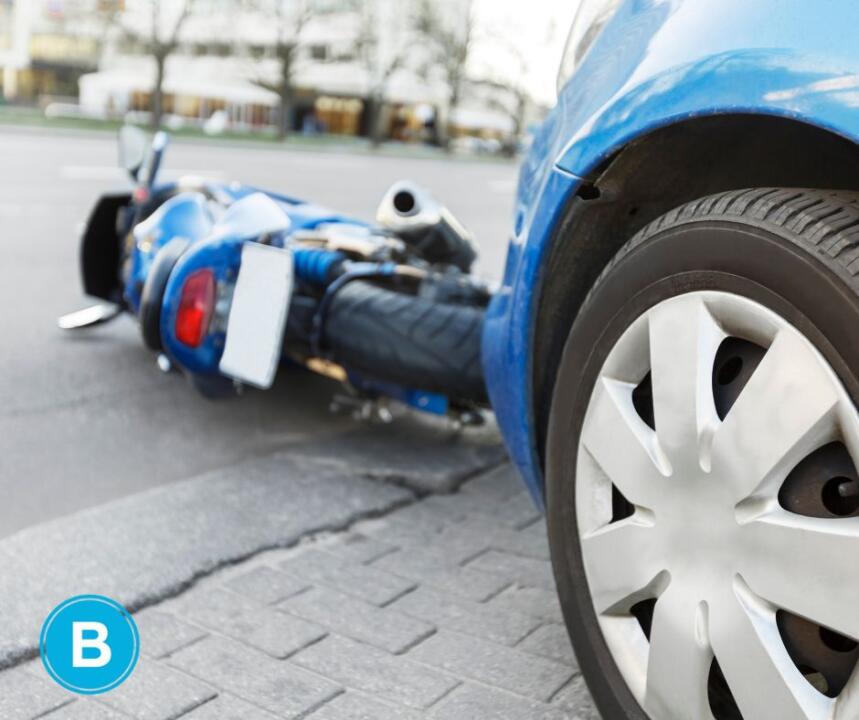
Springtime in Winter Haven means sunshine, longer daylight hours, and plenty of beautiful weather to enjoy the outdoors. Few people know this better than motorcycle owners. If you enjoy traveling by bike, you understand the delight of feeling the wind and sunshine firsthand as you hit the highway. Unfortunately, there are many risks that come along with taking two wheels instead of four. If ignore preparations, your Spring fun could cost you more than a tank of gasoline and dinner on the road. What should you know before you strap on your helmet this season? What should you know, in case you are ever involved in a motorcycle accident?
Preparations for the road
You should always be prepared for the worst. No, we don’t mean worst-case scenarios like accidents (although we’re covering that in just a minute)…rather, we mean worst-case situations like foul weather, extreme heat, or illness/discomfort/injury.
If you are out on your bike and you hit a bad storm that requires you to take shelter under a bridge or in an area with no resources, having an easy-to-grab snack and a bottle of water on hand is a smart choice.
If you are halfway through a full day’s drive and get hit with a sudden headache or backache, having an over-the-counter pain reliever could be a lifesaver. Keeping a small emergency kit in a backpack or in one of your saddlebags is a game-changer when it comes to preparedness on the road. Stock it with a couple of bottles of water, a few easy, shelf-stable snacks, and a basic first-aid kit outfitted with pain relievers, bandages, sterile wipes, etc.
Always be ready for an accident. Every time you hit the road on your bike, you have a choice. Should you fully gear up with your helmet, sturdy shoes, and sunglasses…or not? It’s just a five-minute run down the road to the store, so it can’t be that dangerous to just jump on and go, right? WRONG. Whether you’re going a mile or a hundred miles, an accident can happen at any moment, and for motorcyclists, they are often fatal due to the lack of protection offered by a bike. Your helmet is never optional, and while shoes/sunglasses might vary from person to person, they are actually important elements of safety when on your bike. Having the right gear could save your life.
In case of a motorcycle accident
What if an accident does happen though? Do you know the immediate steps to take following a collision on your bike? If you find yourself in this situation, remember:
- Make emergency calls first. Even if you have not sustained an injury, you need to call 9-1-1
- to send out police to file an official report
- and emergency services to provide any needed care for all victims on the scene.
- Document EVERYTHING. A police report is the most important piece of documentation, but don’t leave it at that. If possible, take your own photos:
- of any injuries
- damages to your bike and equipment
- other vehicle(s) involved,
- and the surrounding area.
These can be helpful for your insurance company and for your legal team.
- Protect your privacy. Your information needs to stay between you, your own legal representatives, and the police officers involved at the scene. Never put any information in a public forum. This includes Facebook, Instagram, chat rooms, or even emails to friends and family. Also, remember that insurance companies should never contact you for information. If you get a call, automatically refer them to your attorney(s) and never give away any information.
Brooks Law Group is here to protect and defend motorcyclists in the Winter Haven community. We have years of extensive experience in motorcycle accidents, and we provide free, no-obligation consultations so you can make an informed decision without pressure. When accidents happen, bikers always Look to Brooks.













